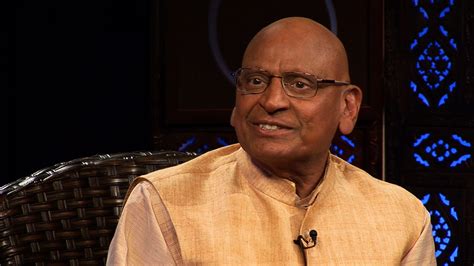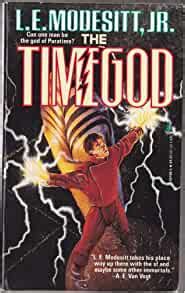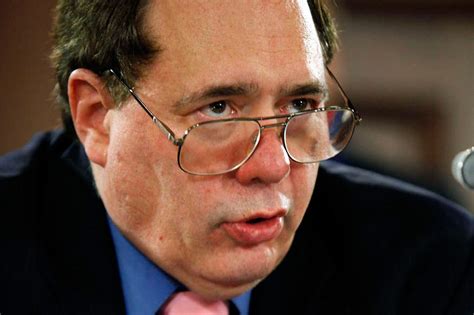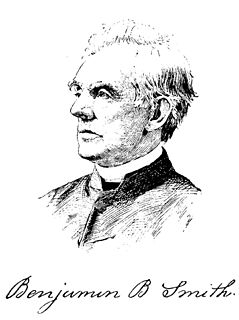A Quote by Iain Pears
Virtue comes through contemplation of the divine, and the exercise of philosophy. But it also comes through public service. The one is incomplete without the other. Power without wisdom is tyranny; wisdom without power is pointless.
Related Quotes
He was a foe without hate; a friend without treachery; a soldier without cruelty; a victor without oppression, and a victim without murmuring. He was a public officer without vices; a private citizen without wrong; a neighbor without reproach; a Christian without hypocrisy, and a man without guile. He was a Caesar, without his ambition; Frederick, without his tyranny; Napoleon, without his selfishness, and Washington, without his reward.
Whoever is full of wisdom is naturally compassionate; in fact we recognize that someone has gained spiritual wisdom by seeing their compassionate behavior. . . . Individuals and countries with power need to develop wisdom and compassion, for without these attributes, there is a danger that the power will be used to oppress and exploit others. (31)
Muscles without strength, friendship without trust, opinion without risk, change without aesthetics, age without values, food without nourishment, power without fairness, facts without rigor, degrees without erudition, militarism without fortitude, progress without civilization, complication without depth, fluency without content; these are the sins to remember.
If the benevolent ruler stays in power long enough, he eventually concludes that power and wisdom are the same thing. And as he possesses power, he must possess wisdom. He becomes converted to the seductive thesis that election to public office endows the official with both power and wisdom. At this point, he begins to lose his ability to distinguish between what is morally right and what is politically expedient.
What has history said of eminence without honor, wealth without wisdom, power and possessions without principle? The answer is reiterated in the overthrow of the mightiest empires of ancient times. Babylon, Persia, Greece, Rome! The four successive, universal powers of the past. What and where are they?
He was Caesar and Pope in one; but he was Pope without Pope's pretensions, Caesar without the legions of Caesar: without a standing army, without a bodyguard, without a palace, without a fixed revenue; if ever any man had the right to say that he ruled by the right divine, it was Mohammed, for he had all the power without its instruments and without its supports.






































